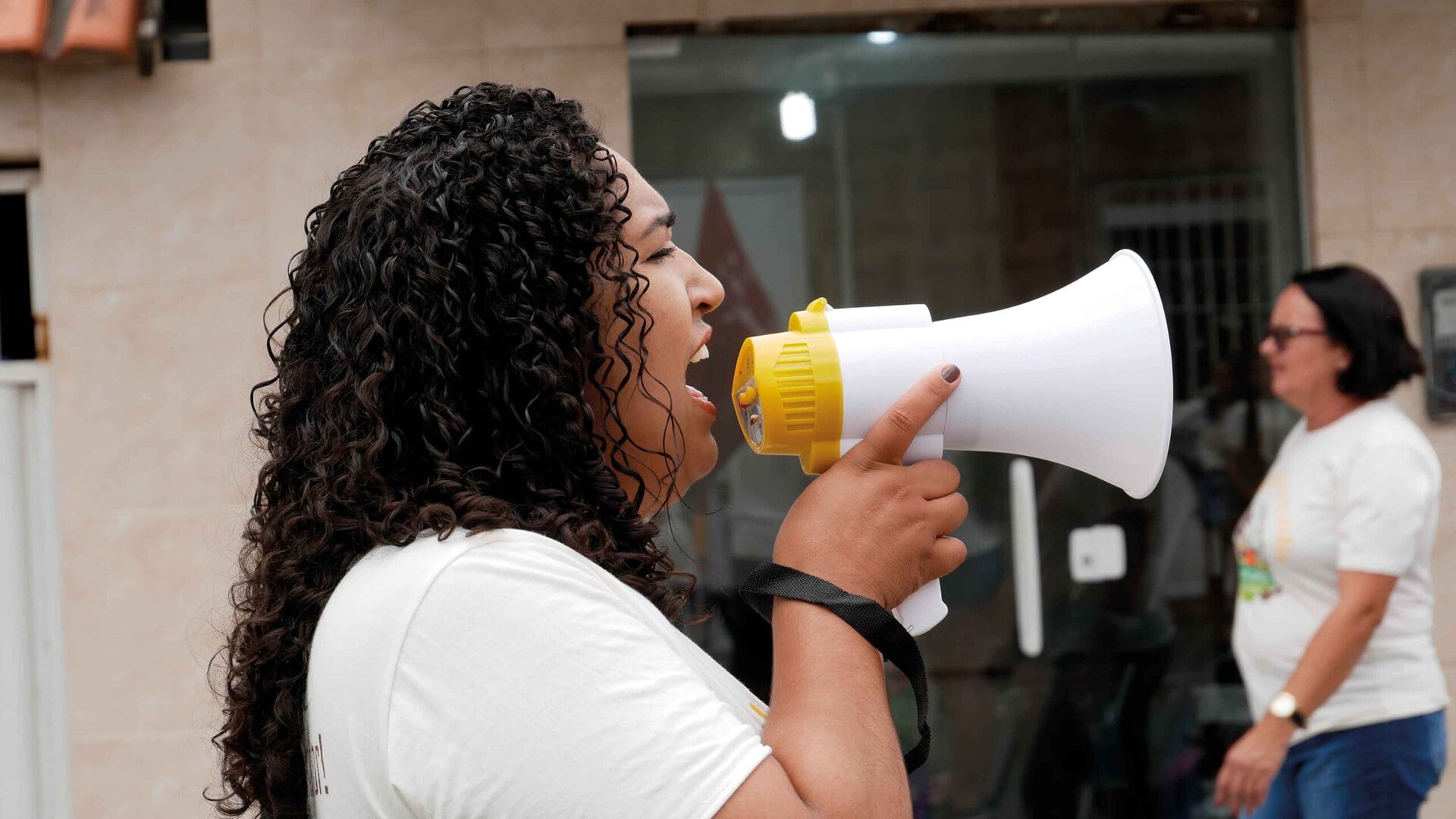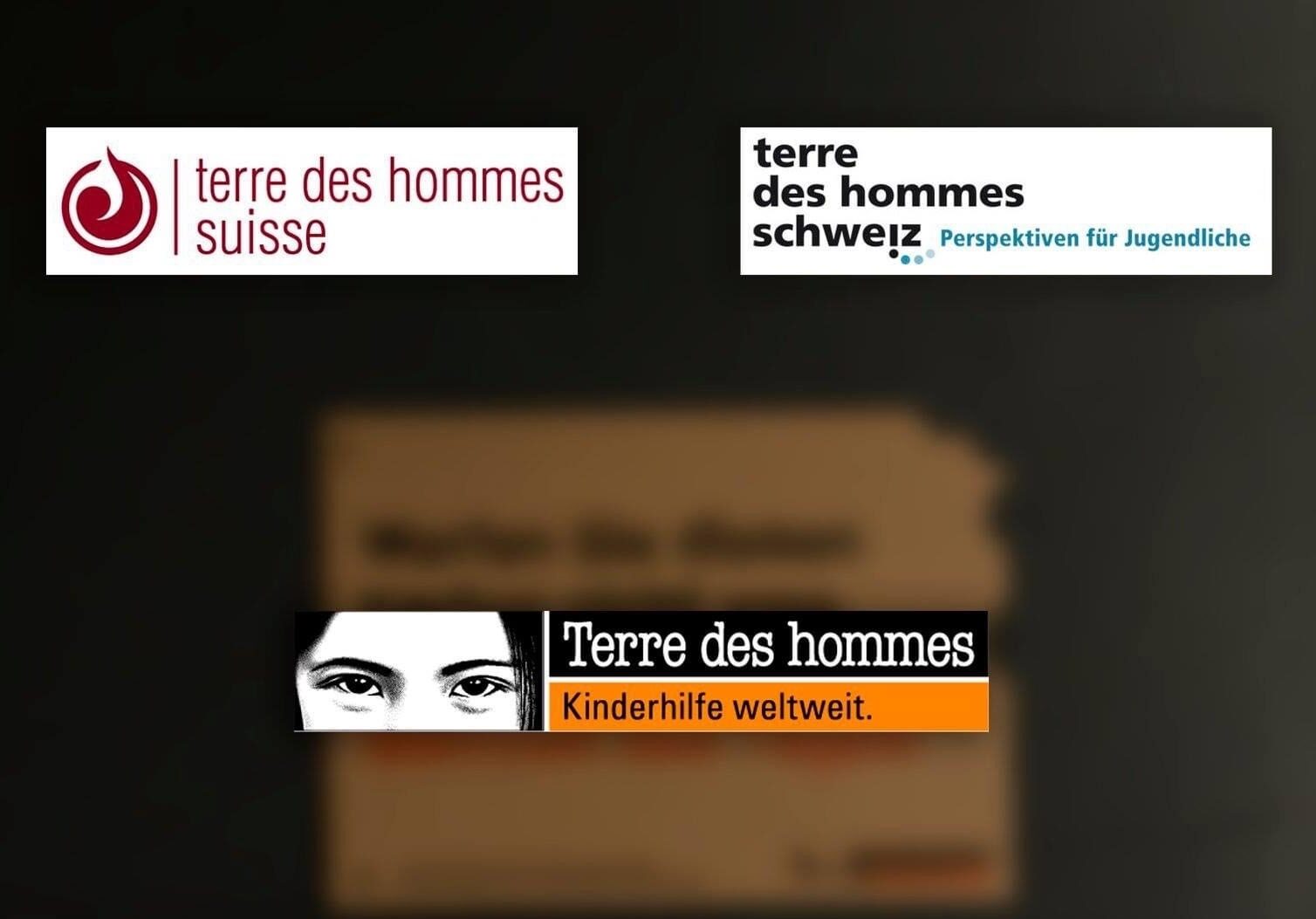Together with our partner organization LifeLine, the young South Africans Nondumiso Gule and Haniffa Nzama have set up a contact point for people affected by violence at the district hospital in Escourt. There they advise and support victims of sexual violence in particular. The hospital now recognizes their work and employs them on a permanent basis.
In South Africa, our partner organization LifeLine can report a great success, a confirmation of its many years of qualified work in supporting and caring for victims of violence and rape: Haniffa Nzama (pictured right) and Nondumiso Gule (left), two young women who completed their training as psychosocial counselors at LifeLine, have been given permanent positions by the Escourt District Hospital. This comes after two years of accompanying and supporting people affected by violence as counselors at the hospital.
Recognition of the good work
LifeLine has set up a crisis center for rape victims at this hospital with the two of them. By approving and advertising two permanent positions specifically for this purpose, the hospital is recognizing the valuable work of the counsellors. It is also impressive that Haniffa Nzama and Nondumiso Gule won out over other applicants with their applications. They are now officially part of the hospital staff.
Important development work
LifeLine trains young volunteers from communities affected by violence to become psychosocial counselors in the rural region around Pietermaritzburg. The organization is also setting up contact points for victims of sexual abuse at hospitals in other rural districts, where they receive professional medical and psychosocial help.
Sexual violence is commonplace
These posts are urgently needed. South Africa has one of the highest rape rates in the world: a woman is raped every few minutes. Almost half of young people under the age of 18 report that they have been raped at least once in their lives. Few rapes are reported and even fewer lead to a conviction. Although this type of violence is widespread, victims receive little support in many places – there are far too few public institutions that provide comprehensive care for those affected.



